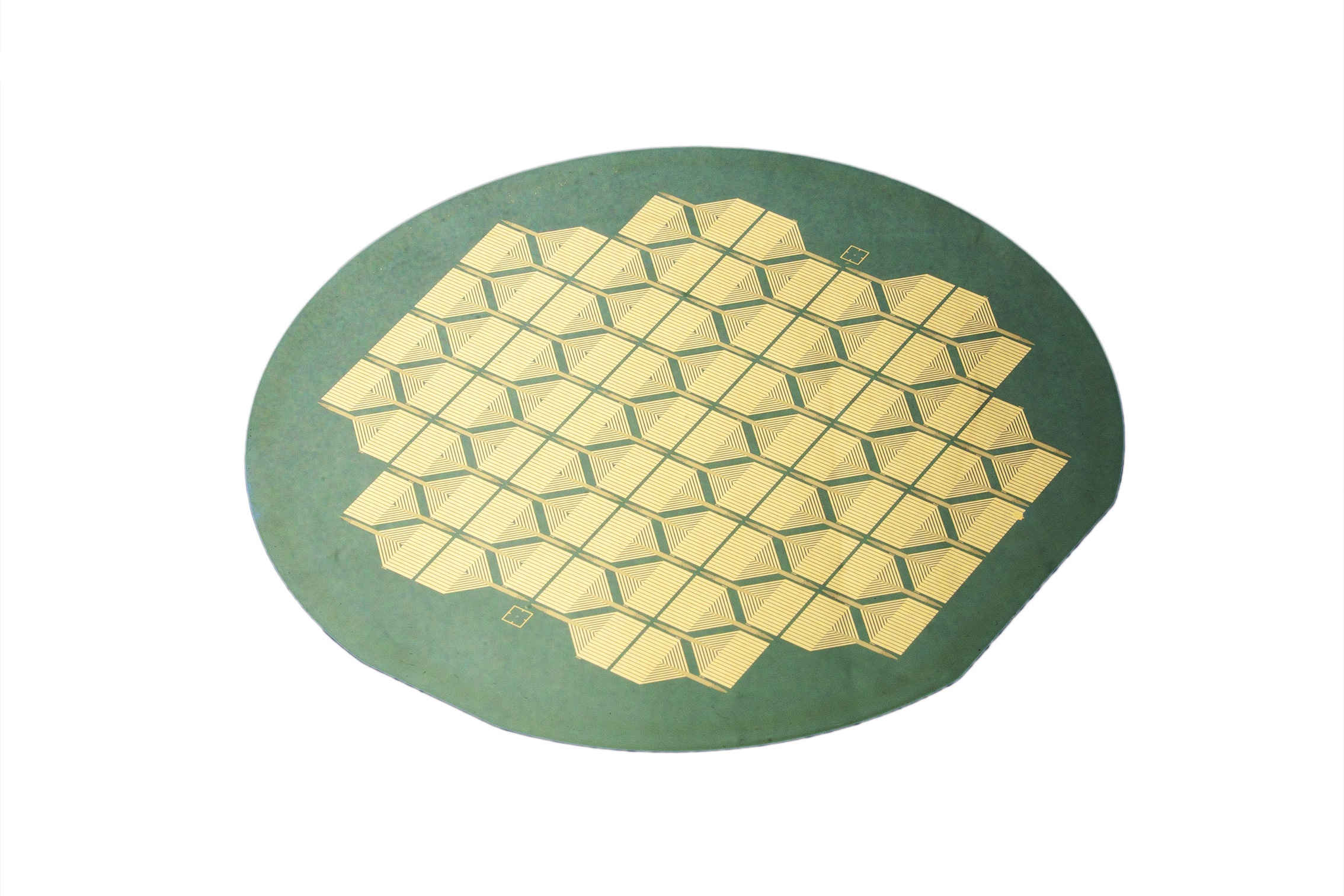Friday, 19 January 2024
An EIC Transition Project will Help ICN2 and INBRAIN Neuroelectronics Develop Next-Generation Brain-Computer Interfaces Through Cutting-Edge Graphene Technology
With the Catalan Institute of Nanoscience and Nanotechnology (ICN2) as a partner, the ‘Graphene Transistors for High-Density Brain-Computer Interfaces’ (GphT-BCI) project, led by INBRAIN Neuroelectronics, kicked off on December 1, 2023.

The GphT-BCI project, along with 19 other projects, was selected by the European Innovation Council (EIC) to receive a grant of €2.5 million following the April 2023 EIC Transition program cut-off. The goal of this funding is to turn cutting-edge science results into business opportunities for the innovation’s future commercialization.
GphT-BCI is led by INBRAIN Neuroelectronics, a spin-off from ICN2 and ICREA, supported by the Institute of Microelectronics of Barcelona (IMB-CNM-CSIC). With this grant, INBRAIN and its partners aim to accelerate the clinical translation of a new generation of Brain-Computer Interfaces (BCIs) based on innovative graphene sensor technology. The purpose of BCIs is to establish a direct communication link between the brain and an external device, such as a computer or a prosthesis, to help patients who suffer from neurological disorders or have lost motor or sensory abilities.
Developed as part of Graphene Flagship, GphT-BCI introduces a novel type of graphene-based transistors. These transistors, already tested in preclinical settings, showcase unprecedented spatial resolution for monitoring brain activity over a wide frequency range. Leveraging the unique properties of graphene, these transistors allow the development of more easily integrated and less invasive BCIs than existing approaches, and at the same time, they enable integration into ultra-soft flexible substrates for optimal contact with brain tissue. Building upon this technology initially developed by researchers at the ICN2 and IMB-CNM-CSIC, this project aims to pave the way for the clinical translation of the transistor technology, involving scaling up the cleanroom microfabrication process of this technology and the development of human-compliant read-out electronics.
Ultimately, the GphT-BCI project aims to advance towards chronic BCIs with ultra-high resolution decoding capabilities, targeting applications in neurology such as Parkinson’s disease, epilepsy, stroke, and speech impairment, as well as indications like aphasia or paraplegia.

